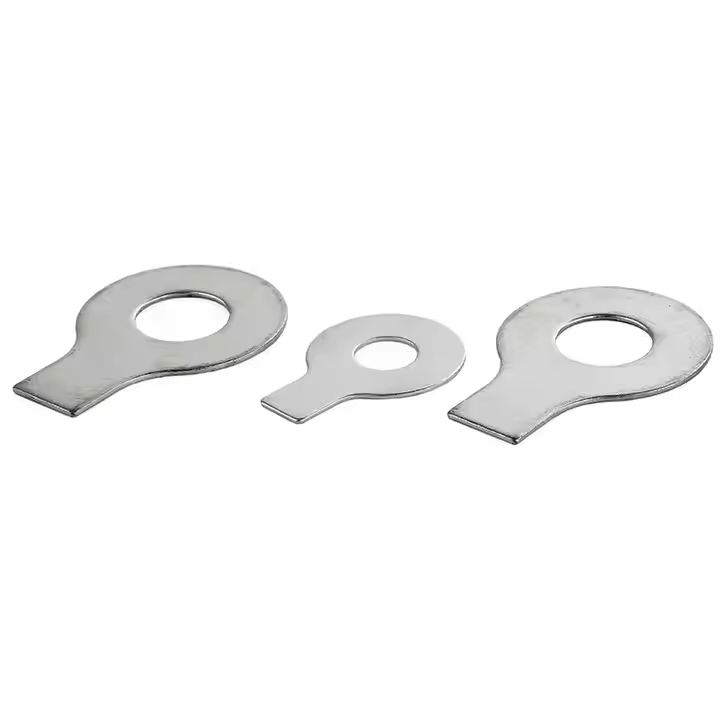

2025-04-17
This comprehensive guide explores the world of metal frame anchors, detailing their types, applications, and selection criteria. Learn how to choose the perfect anchor for your specific needs, ensuring a secure and lasting hold. We’ll cover everything from understanding different anchor designs to considering the material and load capacity. By the end, you’ll be confident in selecting the right metal frame anchor for your project.

Expansion anchors are a popular choice for securing items into various materials. These anchors utilize a wedge or expansion element that spreads outwards when tightened, creating a strong grip within the material. They come in various materials, including zinc-plated steel and stainless steel, making them suitable for both indoor and outdoor applications. The choice between different types of expansion anchors depends on factors like the material being anchored into (concrete, brick, etc.), the load capacity needed, and the overall aesthetics. Hebei Muyi Import&Export Trading Co.,Ltd offers a wide range of expansion anchors suitable for various applications.
Sleeve anchors, also known as drop-in anchors, are another common type of metal frame anchor. These anchors consist of a sleeve and a threaded bolt. The sleeve is inserted into the predrilled hole, and the bolt is then driven in, expanding the sleeve against the wall of the hole. Sleeve anchors are ideal for applications where quick installation is required and are frequently used in concrete and masonry. The holding power of sleeve anchors depends greatly on the diameter and length of the sleeve, as well as the material and strength of the anchoring surface.
Screw anchors, often made of hardened steel, are self-drilling and self-tapping. They are driven directly into the substrate, forming their own threads. They’re relatively easy to install and suitable for less demanding applications in wood, plasterboard, or other softer materials. However, they are generally not recommended for heavy loads or high-strength applications.
The material of the metal frame anchor is crucial for its durability and corrosion resistance. Common materials include zinc-plated steel, stainless steel, and various alloys. Zinc-plated steel offers good corrosion resistance in moderate environments. Stainless steel is superior for environments with higher humidity or exposure to harsh elements. The choice will depend on the intended application and environment.
The load capacity of the metal frame anchor should always be higher than the expected load it will bear. Manufacturers typically provide load capacity ratings based on specific materials and installation methods. Always consult the manufacturer’s specifications to ensure the anchor is suitable for the intended application. Underestimating the load capacity can lead to anchor failure and potential damage.
The material of the substrate (e.g., concrete, brick, wood) significantly impacts the type of metal frame anchor to use. Different anchors are designed to work optimally with different substrates. For instance, expansion anchors are generally preferred for concrete and masonry, while screw anchors might be more suitable for wood.

Choosing the right metal frame anchor involves considering the factors mentioned above. Always consult manufacturer’s specifications and consider performing a pull-out test if dealing with critical applications to verify the anchor’s holding power. If unsure, it’s best to consult with a structural engineer to ensure your project’s safety and success.
| Anchor Type | Material | Suitable Substrate | Load Capacity |
|---|---|---|---|
| Expansion Anchor | Zinc-plated steel, Stainless steel | Concrete, Brick, Masonry | Varies depending on size and material |
| Sleeve Anchor | Zinc-plated steel, Stainless steel | Concrete, Masonry | Varies depending on size and material |
| Screw Anchor | Hardened Steel | Wood, Plasterboard | Generally lower than expansion or sleeve anchors |
Remember, proper installation is crucial for the longevity and effectiveness of any metal frame anchor. Always follow the manufacturer’s instructions carefully. For large-scale or critical applications, consulting a professional is highly recommended.
Please enter your email address and we will reply to your email.